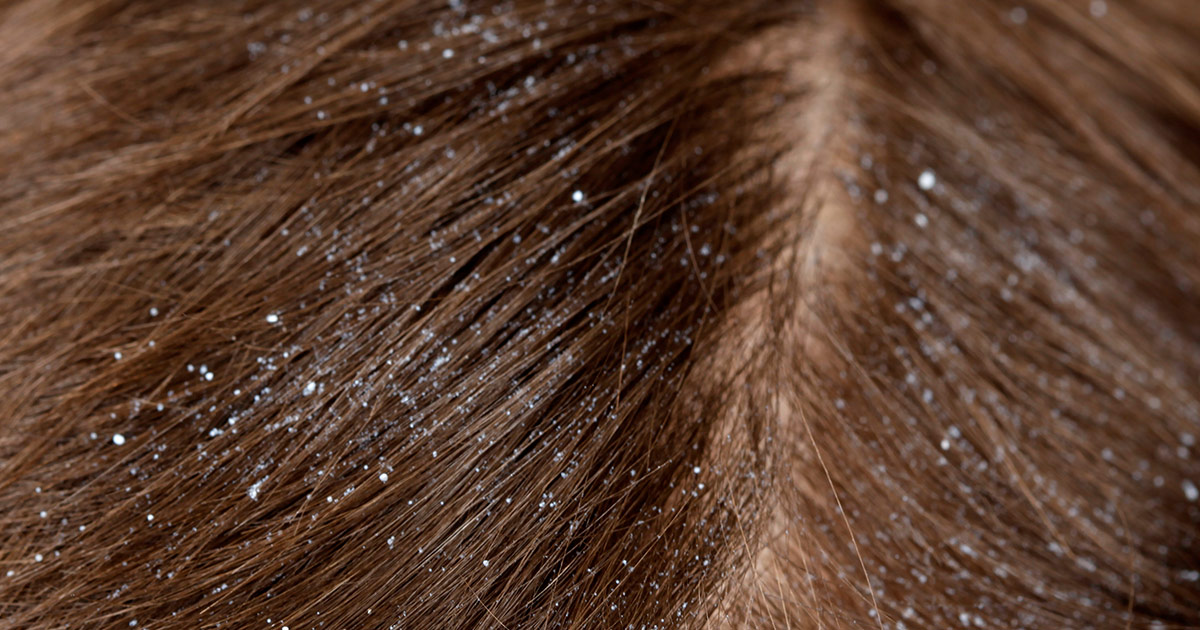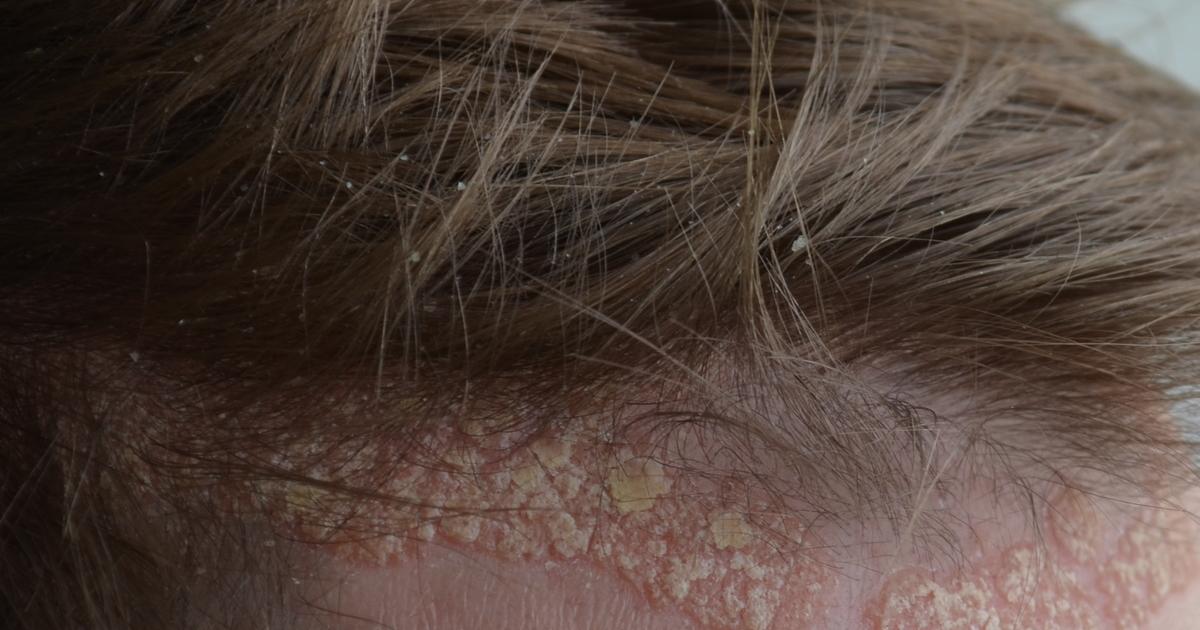Key Symptoms Of Scalp Psoriasis
Flakes Similar To Dandruff

Individuals with scalp psoriasis might experience flakes similar to dandruff. There's an important distinction between dandruff and psoriasis-related flaking. Dandruff occurs when the skin has excess oil. Meanwhile, psoriasis-related flaking is because of dry skin patches and excess skin cells flaking away. The flakes in dandruff tend to be large, oily, and usually white or yellow. Psoriasis-related flaking and flaking due to dryness cause smaller, drier flakes. If individuals aren't sure what's causing their flaking, a dermatologist may be able to determine the cause. Consistent itching and redness that accompanies the flaking can also be evaluated by a dermatologist. Most cases of flaking can be controlled by using the right hair care products. There are medicated shampoos that can help deal with dandruff and dandruff-like flakes. Some individuals find their flaking symptoms get worse during the fall and winter, since the air in many climates is dryer during this season. Indoor heating can also contribute to dryness. An indoor humidifier might help alleviate the dry air conditions that aggravate psoriasis.
Burning Sensation

Some patients report feeling a burning sensation on and around their psoriasis patches. Unexplained burning is generally cause to talk to a dermatologist or doctor. Hair bleach might cause the individual's scalp to burn during the treatment, but the sensation shouldn't continue for long after they've washed the bleach out. If it does, affected individuals should consult a doctor. If their scalp burns after they start using a new hair-care product, hairstyling product, shampoo, or conditioner, it could be an allergic reaction. As such, individuals should stop using the new product to avoid making the reaction worse. In addition to psoriasis, the most common skin condition that causes scalp tingling is seborrheic dermatitis, which affects oily portions of the skin. Folliculitis can lead to scalp burning. This condition is usually caused by an infection and leads to swelling and inflammation of the hair follicles. Patients may need antibiotics for the underlying cause of folliculitis, so they should always see a doctor about tingling that comes with pain, red bumps, or lesions in the skin.
